ok, Russell, so why should we read YOUR book ???
You should read MY book because it’s the official (offal) sequel (squeak) to Cynthia, how spells your name?. The difference is seeding.
Cynthia was about all the feelings I didn’t feel while playing an online match of Call of Duty. I didn’t feel angry; I didn’t feel fanous; I didn’t feel frozen.
Look, for example at what Daniel Bosch has to say in praise of my groundpounding efforts:
Russell Bennetts’ lab coat is pristine. In his “Reflections on Taboo-breakng” he has constructed a totem which inscribes precisely, syllogistically, that form of wildness to which we obsessional neurotics feel we are most entitled. Bennetts knows well the savage truth that poems — even “Untitled” poems — have both titles and bodies. He knows that a title personifies that body — it’s a poem’s name — and that the use and abuse of any poem’s name may be pyscho-emotionally freighted. Bennetts knows how often we over-rationalize and abuse poems’ names in transactions that cheapen the energy which animates their bodies — that poems’ titles must be subject to the strictures of taboo.
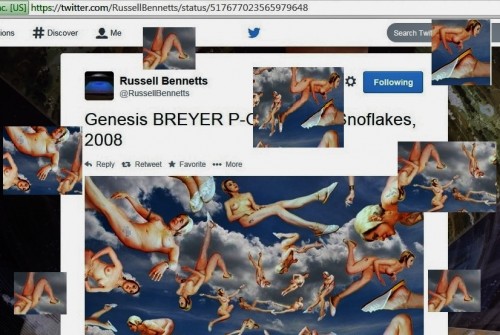
and if that’s not enough for you American raisin heads then how about:
If Bennetts’ “Reflections on Taboo-breaking,” were not the quintessential poem of the long 20thcentury, we might reduce it to a belated Oulipoesis, the holding of a mirror to the blank page which has discovers it as an ideal form: the lipogram in A, B, C, D, E, F, G, H, I, J, K, L, M, N, O, P, Q, R, S, T, U, V, W, X, Y and Z. But his poem’s suppression of the entire alphabet is neither incomprehensible savagery nor empty post-modern gesture. In its silence and stillness, Bennett’s poem stands at the edge of taboo — as we all must — and does not go there.
Those doors, it opened opens where Cynthia opened in its closing scenes. Fanously, Taylor Swift has legs and knows how to use them.
Cynthia dived into the pool feeling 22. Twenty-two years later she (mights) finds herself living in a block of expensive flats. Read on to discover as to the soulless rating of the block of expensive flats.
(Russell Ron Bennetts, Kentish Town 10/2014)

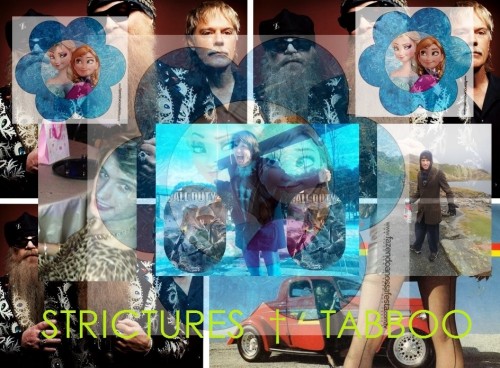
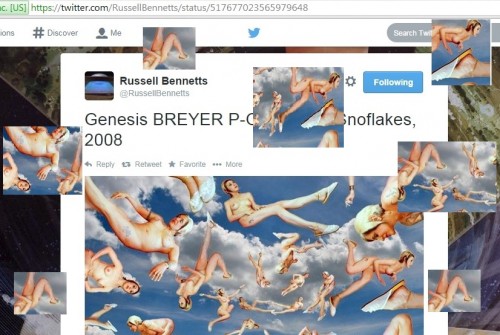



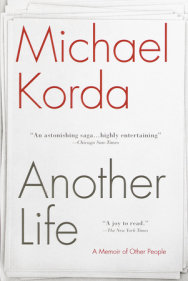 When I started DIY publishing in 1994, I didn’t know what I was doing. My zine, .iota, which I published with friends, only lasted a few issues. The work I did in college, as the Arts editor for the school paper and the fiction editor for the literary journal, was insubstantial. When I offered cash for a fiction prize with The Kankakee Review, a journal I started in 1999, I only got a handful of submissions. I wasn’t any good at it (although I did run interviews with Jacques Derrida and Cornel West and the band Buffalo Tom).
When I started DIY publishing in 1994, I didn’t know what I was doing. My zine, .iota, which I published with friends, only lasted a few issues. The work I did in college, as the Arts editor for the school paper and the fiction editor for the literary journal, was insubstantial. When I offered cash for a fiction prize with The Kankakee Review, a journal I started in 1999, I only got a handful of submissions. I wasn’t any good at it (although I did run interviews with Jacques Derrida and Cornel West and the band Buffalo Tom).
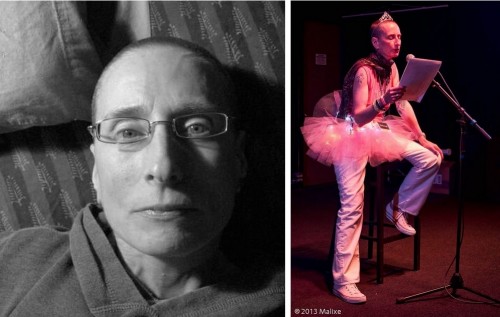
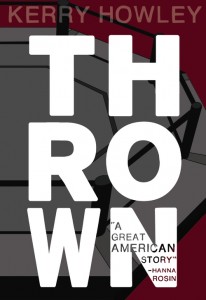 Thrown
Thrown